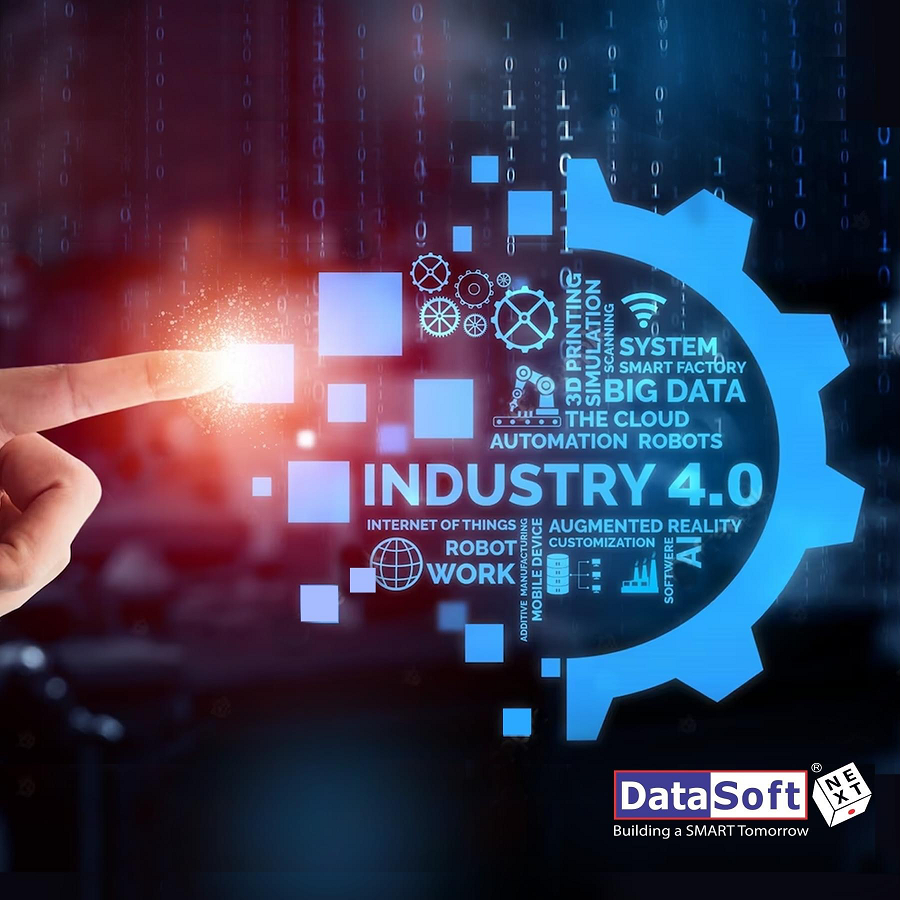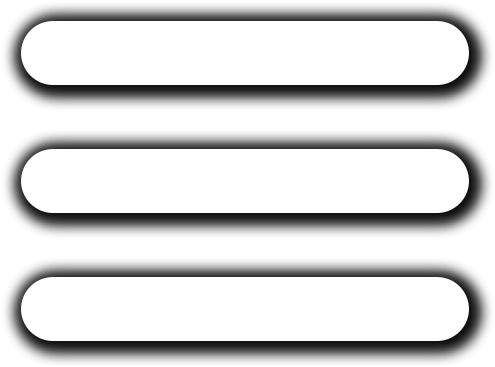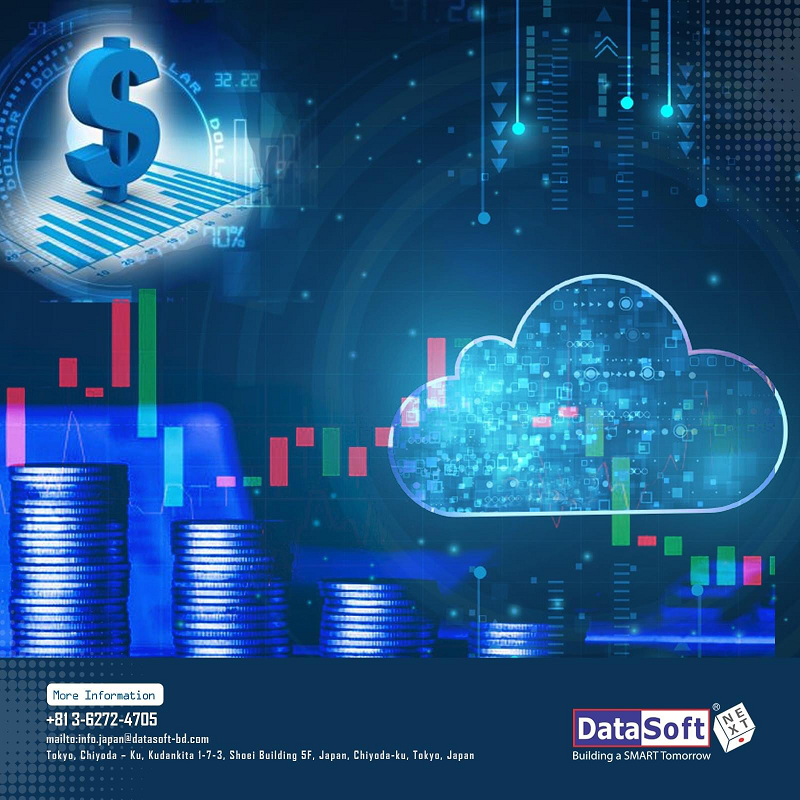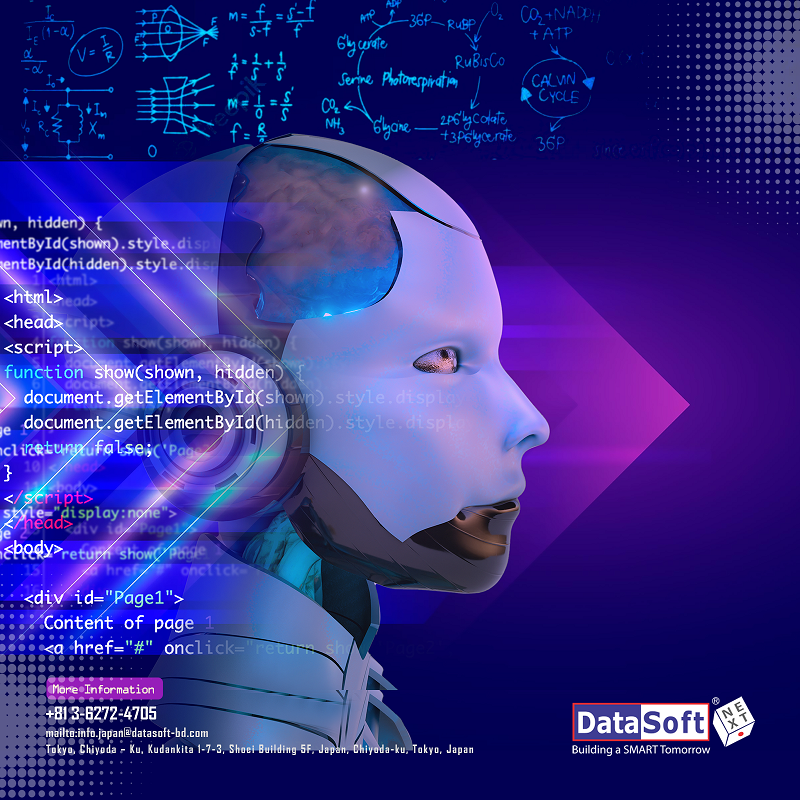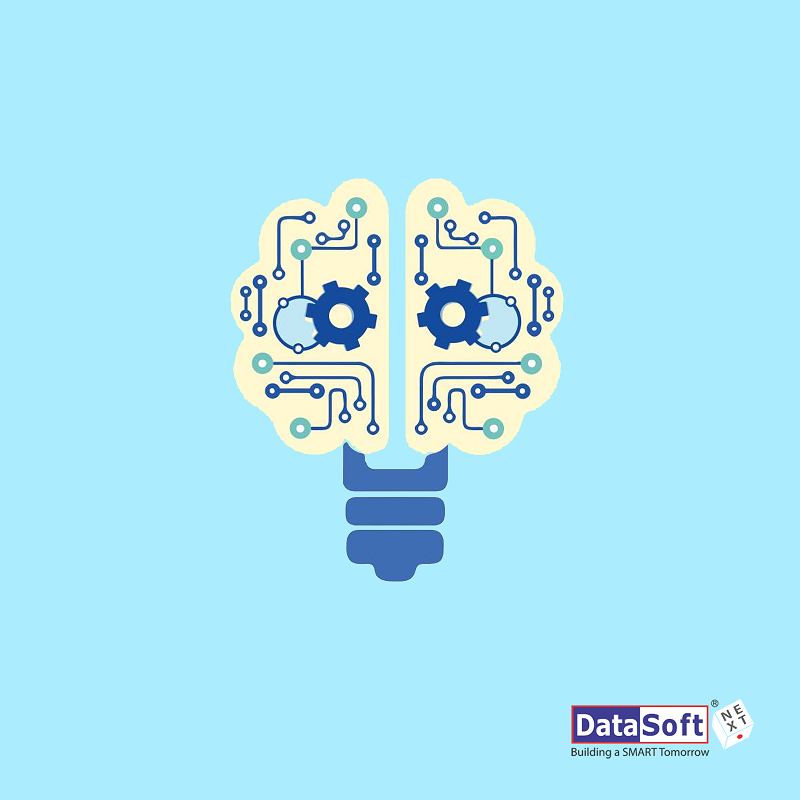The Internet of Things (IoT) refers to a network of physical objects or "things" that are embedded with sensors, software, and other technologies that enable them to connect and exchange data with other devices and systems over the internet. The idea behind IoT is to enable objects to communicate with each other and with humans in real-time, creating a smarter and more efficient world.
The ability of IoT to improve automation and efficiency is one of its main advantages. IoT devices may collect real-time data and offer insightful analysis to help people and businesses make wise decisions. IoT sensors, for instance, may monitor equipment performance in industrial settings, spot anomalies, and send out maintenance warnings, minimizing downtime and increasing productivity. Similar to this, IoT-enabled smart homes enable homeowners to remotely control and monitor their heating, security, and appliance systems, resulting in energy savings and increased convenience. IoT has also significantly impacted sectors like-
1. Healthcare: Remote patient monitoring, recording vital signs, treating chronic illnesses, and enhancing healthcare outcomes are all made possible by IoT devices and wearables.
2. Industrial and Manufacturing: IoT is utilized for supply chain optimization, process automation, asset tracking, predictive maintenance, and real-time monitoring of machinery and equipment.
3. Transportation and Logistics: IoT provides connected cars, fleet management, smart transportation systems, real-time shipment tracking, and route planning optimization for effective logistical operations.
4. Smart Homes and Buildings: IoT devices are utilized for home automation, energy management, security systems, smart appliances, and enhancing overall comfort and convenience in smart homes and buildings.
5. Agriculture: IoT is utilized in precision farming to track animals, improve crop yields, and monitor soil moisture, temperature, and nutrient levels.
6. Retail: IoT is used to manage inventories, track products in real-time, analyze consumer behavior, create individualized marketing campaigns, and enhance the shopping experience as a whole.
7. Energy and Utilities: IoT makes smart grids possible for energy monitoring and optimization, managing renewable energy sources, identifying power outages, and enhancing energy efficiency.
8. Smart Cities: IoT is applied for environmental monitoring, public safety, waste management, parking optimization, traffic management, and trash management.
9. Financial Services: IoT is utilized to increase the effectiveness of banking operations as well as for secure payment systems, fraud detection, and personalized customer experiences.
10. Environmental Monitoring: To improve environmental management and conservation efforts, IoT sensors are used to monitor air quality, water quality, weather conditions, and natural disasters.
11. Hospitality: In hotels and resorts, IoT is used for smart room systems, individualized guest experiences, energy management, and security.
12. Education: IoT devices are utilized in education to improve learning experiences, track student attendance, manage resources, and create interactive learning environments.
To sum up, the Internet of Things has changed how we work and live. Its capacity to link tangible objects, collect data, and enable automation has ushered in a new era of potential. IoT has the potential to change sectors and enhance healthcare and sustainability, in addition to increasing production and efficiency. The IoT ecosystem will definitely grow as technology develops, bringing new inventions and further altering our world.
